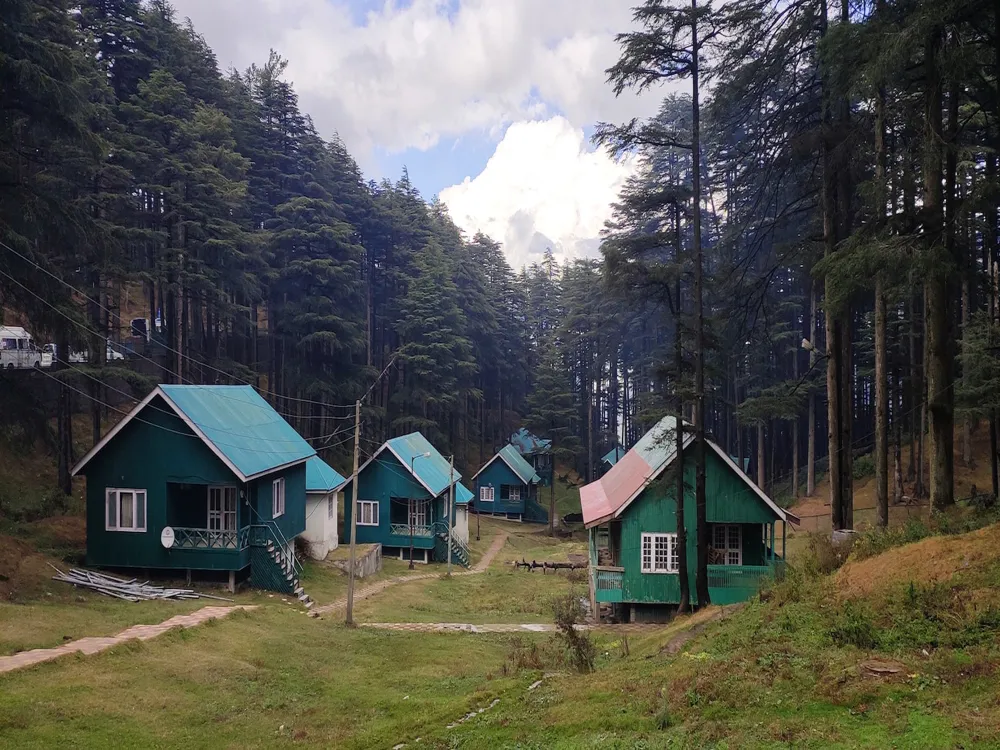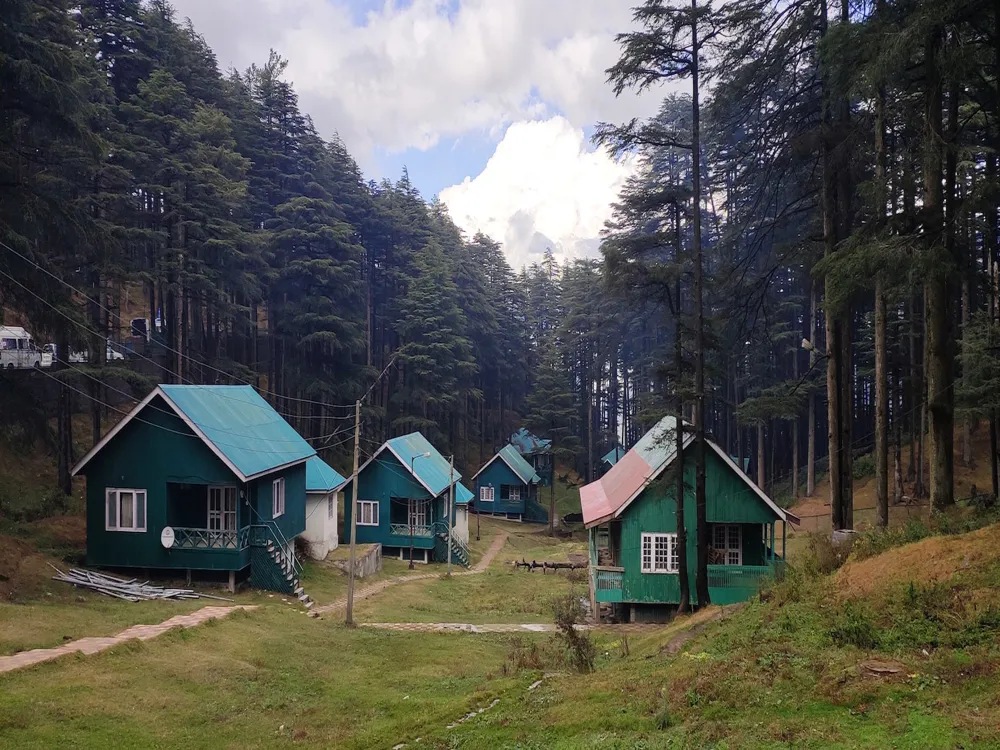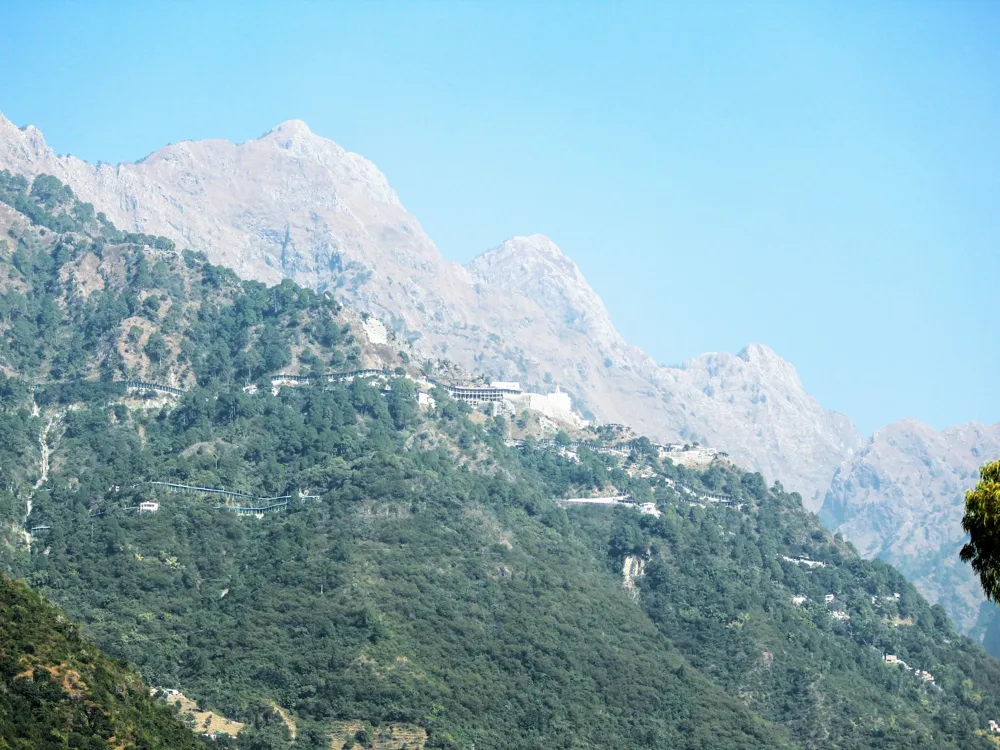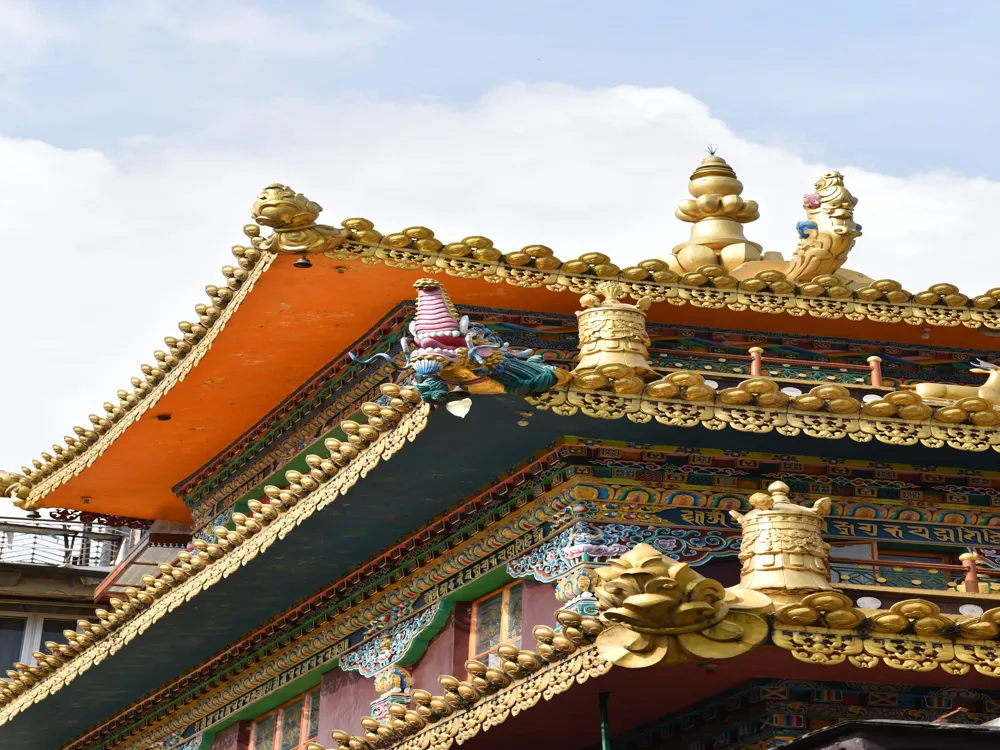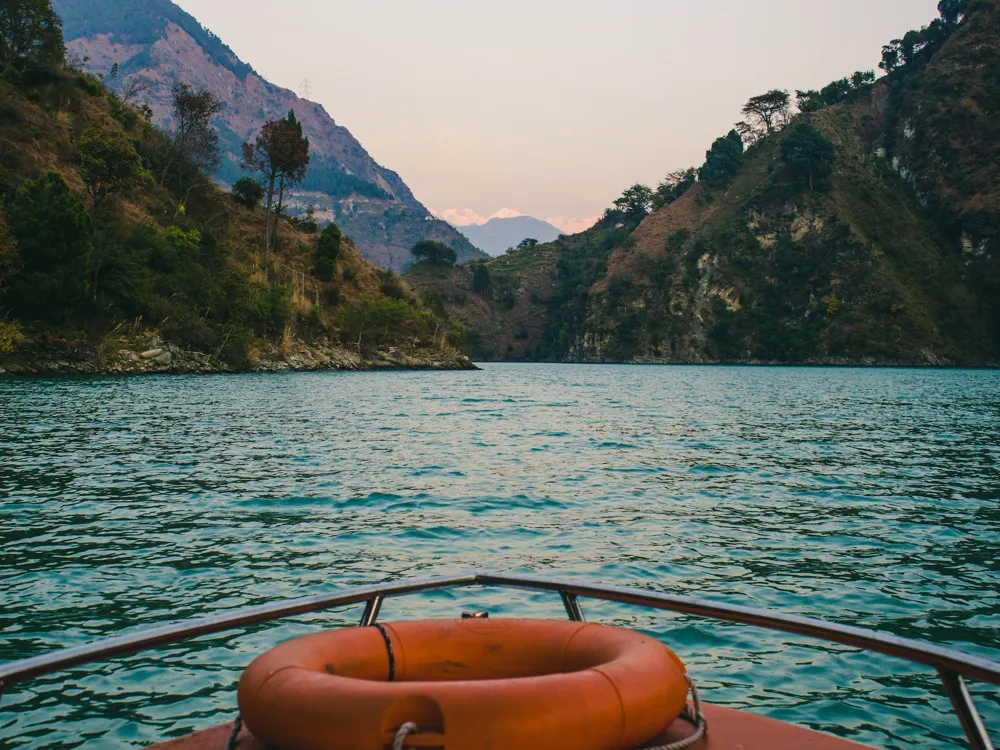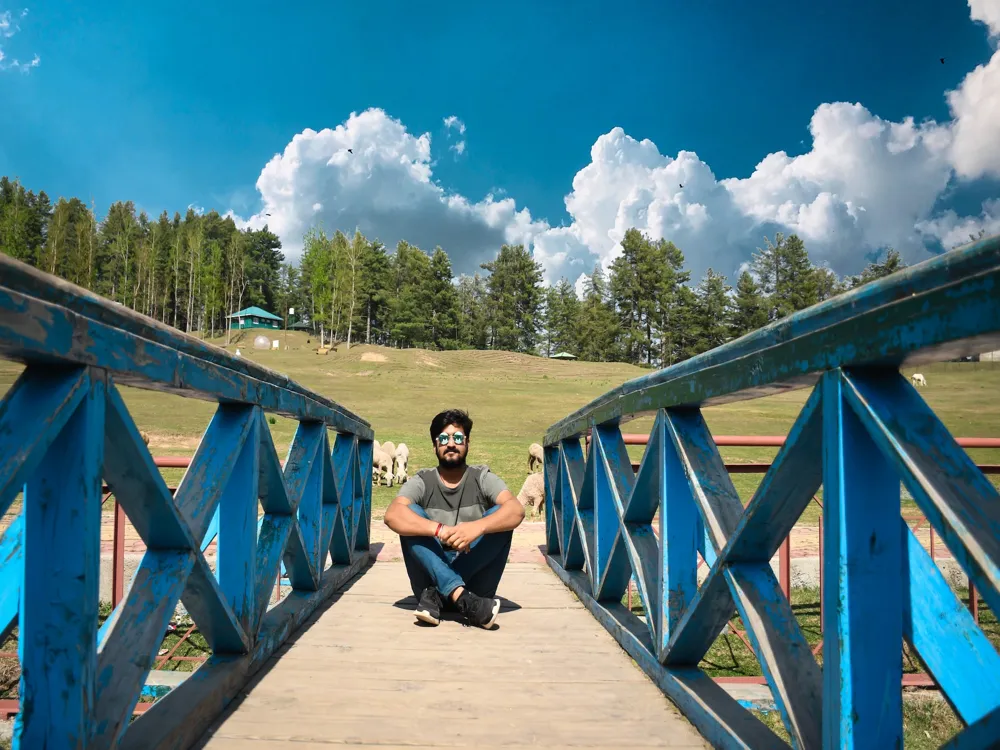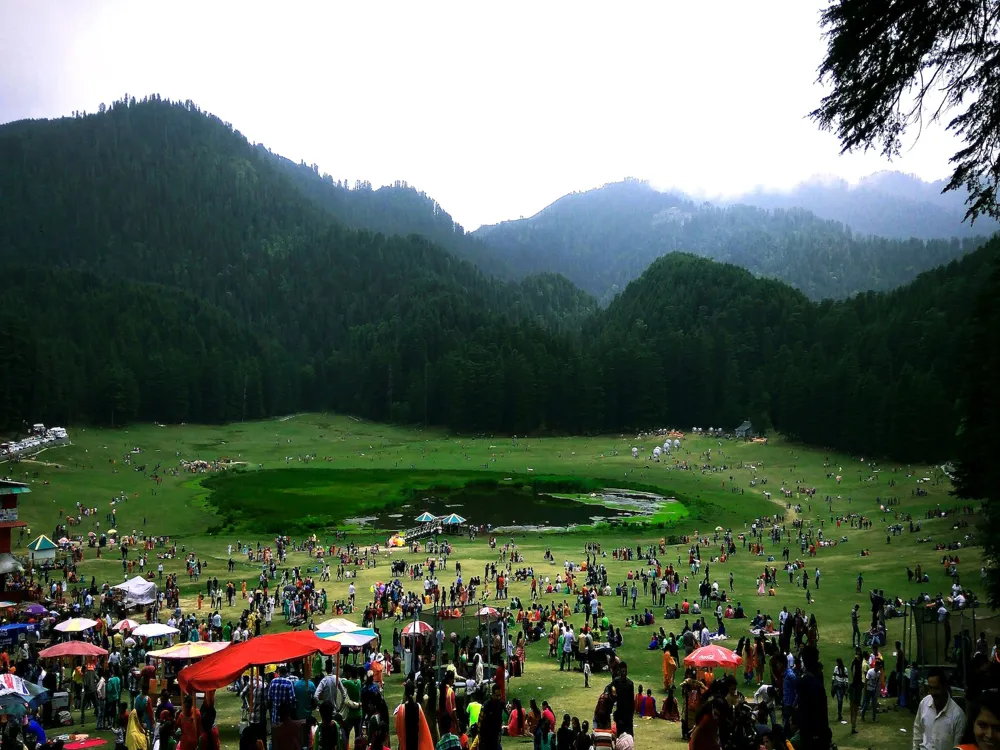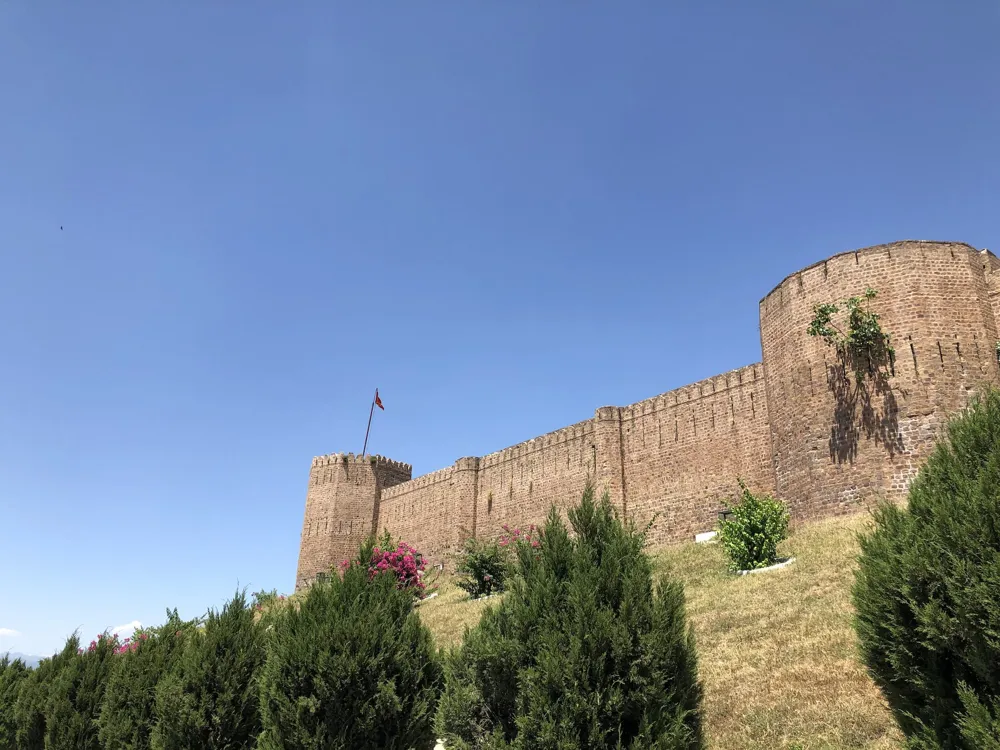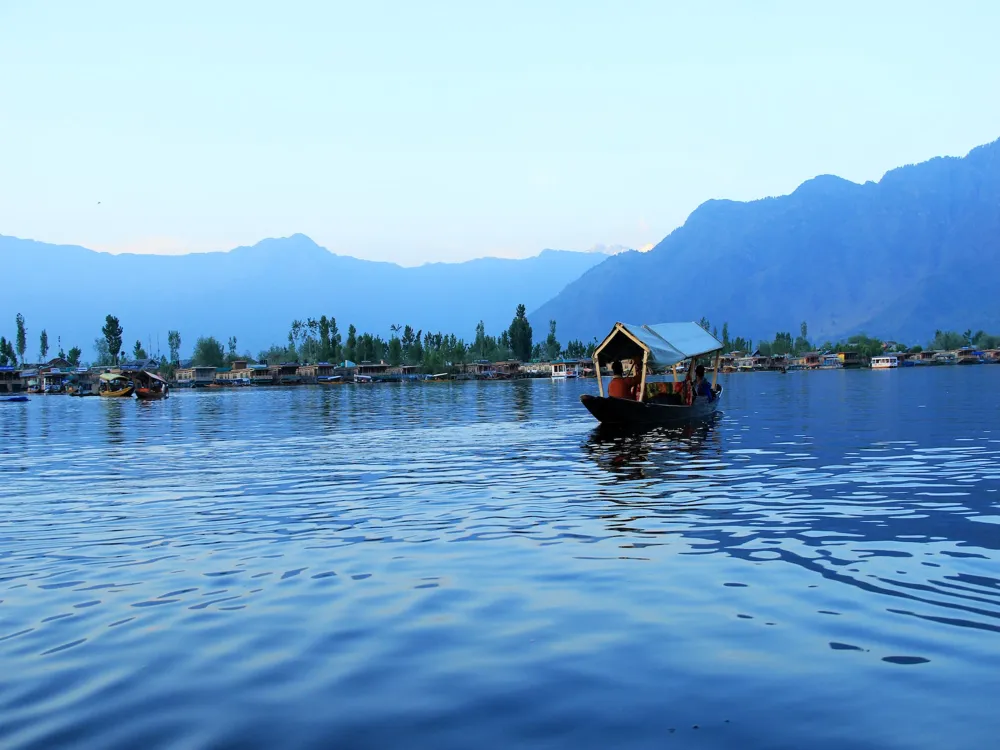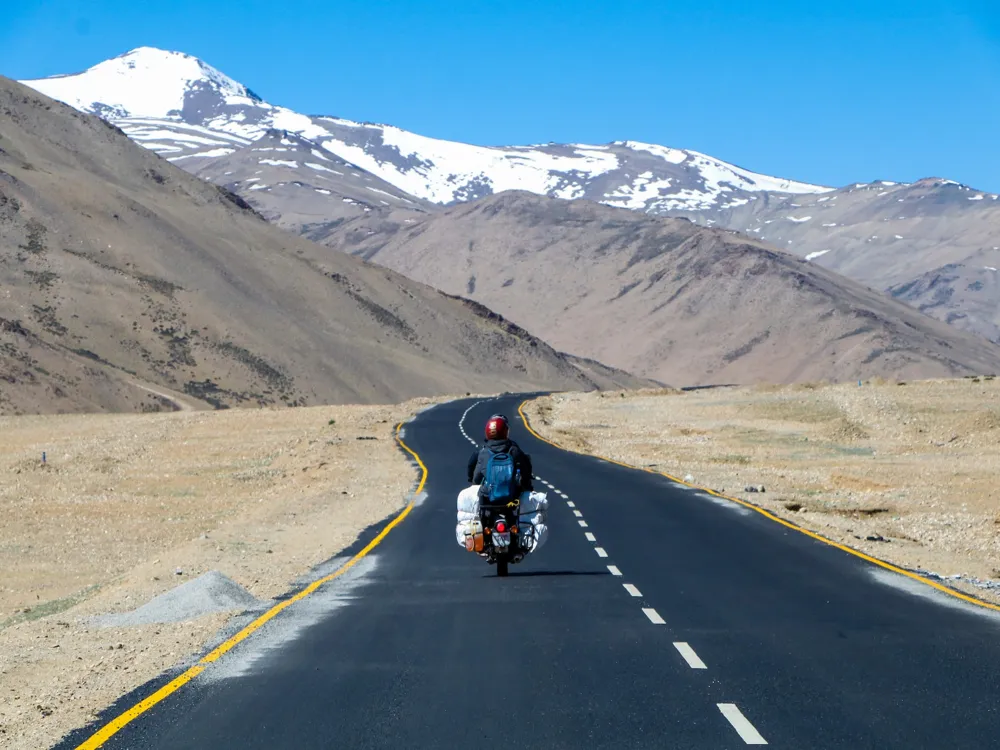Billoo ki Powri, a remarkable and somewhat mysterious historical site, is nestled in the enchanting region of Patnitop in Jammu and Kashmir. This site, though not widely known, holds a significant place in the cultural and historical tapestry of the region. The name 'Billoo ki Powri' translates to 'Billoo's Steps,' and it is essentially a series of rock-cut steps carved into the mountain side. These steps are an engineering marvel of ancient times and have intrigued historians and tourists alike for years. The origins of Billoo ki Powri are shrouded in mystery and local folklore, with estimates dating the steps back to the 3rd or 4th century. Some believe these steps were part of an ancient route that connected the Kashmir valley to the plains of Jammu. The exact number of these steps varies according to different sources, but it is widely agreed that there are more than 100 steps, each carved meticulously out of solid rock. The site is not only a testament to the engineering skills of its creators but also offers a window into the history and culture of the region. The surroundings of Billoo ki Powri are equally captivating. Located in the serene and picturesque Patnitop, the area is surrounded by dense pine forests and offers stunning views of the Chenab basin and the distant Himalayan peaks. The combination of historical significance and natural beauty makes Billoo ki Powri a unique and fascinating destination for both history buffs and nature lovers. The architecture of Billoo ki Powri is a marvel of ancient engineering and craftsmanship. The entire structure is made by carving steps into a rock face, which is an arduous and skilled task, especially considering the tools and technology available at the time. The steps are of varying sizes, with some being wide enough to accommodate multiple people at once, while others are narrower, demanding careful navigation. The precision with which these steps have been carved indicates a high level of planning and expertise. Each step is thoughtfully placed, taking into account the natural contours of the rock face. The incline of the staircase is steep, and this only adds to the awe one feels when considering the effort that went into its construction. Over the centuries, the steps of Billoo ki Powri have faced the brunt of weather and time, yet they stand as a resilient testament to the skills and determination of their creators. The site does not have elaborate carvings or decorations, which is typical for structures of its time in the region, and this simplicity adds to its charm and mystery. The architecture of Billoo ki Powri is not only significant for its historical and cultural value but also offers insights into the engineering techniques of ancient times. It stands as an important link to understanding the past of the region and the ingenuity of its people. The best time to visit Billoo ki Powri is between late spring and early autumn when the weather is pleasant. Winters can be harsh, and the steps may be slippery due to snow and ice. Comfortable walking shoes are a must due to the steep and uneven steps. Dress in layers as the weather can change quickly in the mountains. Be cautious while climbing the steps as they can be steep and uneven. It's advisable to visit during daylight hours for better visibility and safety. Carry a good camera to capture the scenic beauty of the area. Early morning or late afternoon light provides the best natural lighting for photographs. Remember to respect the historical significance of Billoo ki Powri. Avoid littering and causing any damage to the steps or the surrounding area. Billoo ki Powri is located in Patnitop, Jammu and Kashmir, and is accessible by road. The nearest major city is Jammu, which is well-connected by air, rail, and road to major cities in India. From Jammu, one can hire a taxi or take a bus to Patnitop. The journey from Jammu to Patnitop is approximately 110 kilometers and offers scenic views of the mountains and valleys. Once in Patnitop, Billoo ki Powri is a short distance away and can be reached by a local taxi or on foot for those who prefer trekking. The trek to the site is an experience in itself, offering panoramic views and a chance to connect with nature. Read More:Overview of Billoo ki Powri of Patnitop, Jammu, and Kashmir
Architecture of Billoo ki Powri
Tips When Visiting Billoo ki Powri
Best Time to Visit
What to Wear
Safety Precautions
Photography Tips
Respecting the Site
How To Reach Billoo ki Powri
Billoo ki Powri
Patnitop
Jammu And Kashmir
₹ 7,000 onwards
View patnitop Packages
Patnitop Travel Packages
View All Packages For Patnitop
Top Hotel Collections for Patnitop

Private Pool

Luxury Hotels

5-Star Hotels

Pet Friendly
Top Hotels Near Patnitop
Other Top Ranking Places In Patnitop
View All Places To Visit In patnitop
View patnitop Packages
Patnitop Travel Packages
View All Packages For Patnitop
Top Hotel Collections for Patnitop

Private Pool

Luxury Hotels

5-Star Hotels

Pet Friendly







